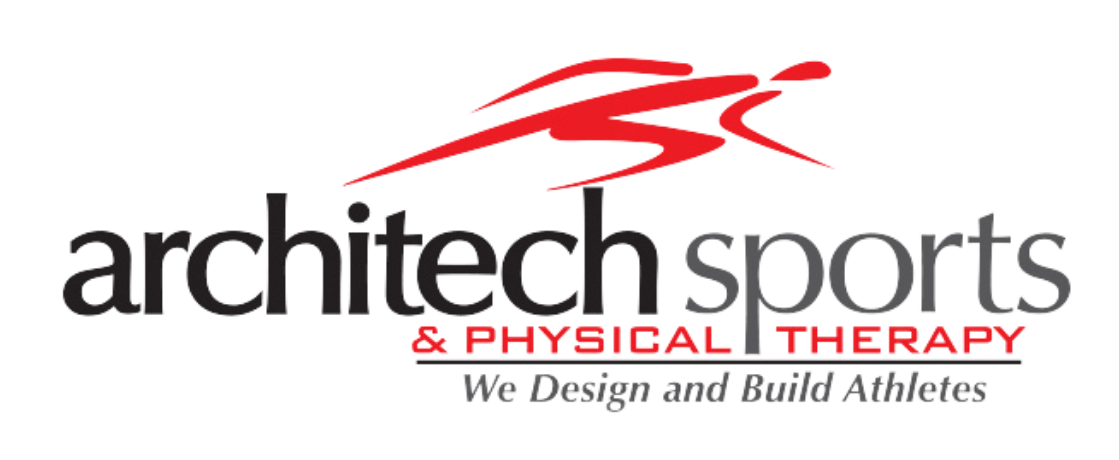If you have heard the “5 Nutritional Dangers Facing Athletes Today”, the fourth danger is failure to plan what your athlete is gong to eat. This article will give you 3 key questions to ask you athletes to get them thinking about how nutrition helps their performance and recovery.
Have you spoken to your athletes about their nutrition lately? Maybe you have. Maybe you haven’t because you’re not sure where to start. Perhaps you’re uncomfortable addressing the topic because you’re not comfortable with it yourself. Don’t feel bad. Studies have shown that physicians avoid speaking to their patients about nutrition because they don’t feel comfortable with the topic themselves. Fortunately, nutrition doesn’t have to be complicated. Here are three questions that you can ask your athletes to make sure they are on the right track to harnessing the true power of nutrition to optimize their performance.
Question 1:
Did you eat breakfast this morning? Sometimes in nutrition the wisdom from your grandmother is still the best out there. Sayings like “an apple a day…”, “eat your vegetables”, and daily dosages of cod liver oil (although now we have highly purified fish oil) are the first couple that comes to mind. “Eat breakfast everyday” is another. Breakfast is one of the most important meals of the day – proper workout nutrition is also very important. Breakfast will modulate your body’s hormones so that they are optimal and anabolic. It also “tops off the tank” so to speak by refilling your liver’s carbohydrate stores. Whole grain carbohydrates have also been shown in several studies to improve cognition later in the day. You get the point. Breakfast is important! Insist your athletes eat breakfast.
Question 2:
Are you skipping meals? Skipping meals is another huge problem! Because your athletes are constantly pushing the limits of their performance, strength, and recovery consuming enough calories is of the utmost importance. By skipping meals and only eating three (or even worse two) times a day your athletes are making it almost impossible to consume enough quality calories. I can remember as a high school athlete sitting down at night to calculate my daily caloric intake and realizing that I had missed my calories mark by almost 500 calories! I quickly popped a bag of full buttered popcorn and devoured it. This story is not only humorous but a good illustration of why regular meals throughout the day are important. If I would have been consuming several meals at regular intervals (without skipping any) then I wouldn’t have felt compelled to consume a large amount of nutrient devoid calories late in the day out of desperation to meet my daily caloric needs. Skipping meals not only leads to inadequate caloric consumption (essential for optimal performance and recovery) but it also can lead to less than optimal food choices to make up for previously missed meals (opting for calorie dense, nutrient poor foods).
Question 3:
Are you using proper workout nutrition? This is probably the one question that you should know the answer to and have the most control over as you are around your athletes when they are practicing, drilling, and working out. Workout nutrition doesn’t have to be complicated. In a perfect world your athletes would consume a liquid carbohydrate and protein drink throughout their workouts and then another drink directly afterwards. For some sports or at some levels of competition this is not practical and/or feasible. Another, more practical option is liquid carbohydrates and protein before and after the workout/practice session. Numerous scientific studies have found the protein/carbohydrate combination to be far superior to carbohydrates alone when it comes to preventing muscle breakdown, stimulating insulin (important for protein synthesis), and replenishing glycogen stores (important for maximal recovery). Your athletes need proper nutrition to boost their performance at this time more than any other time during the day.
Don’t do your athletes a disservice. Ask the questions and make these simple nutritional quick fixes where necessary. Not only will their performance improve but you’ll look like a better parent/coach.
**Remember to:
1) Always plan ahead for what you are going to eat
2) Obtain adequate amounts of protein
3) Work on your flexibility
4) Supplement your diet with a fish oil and multivitamin
Want to come see us? Let us know if you are interested in an evaluation here.
